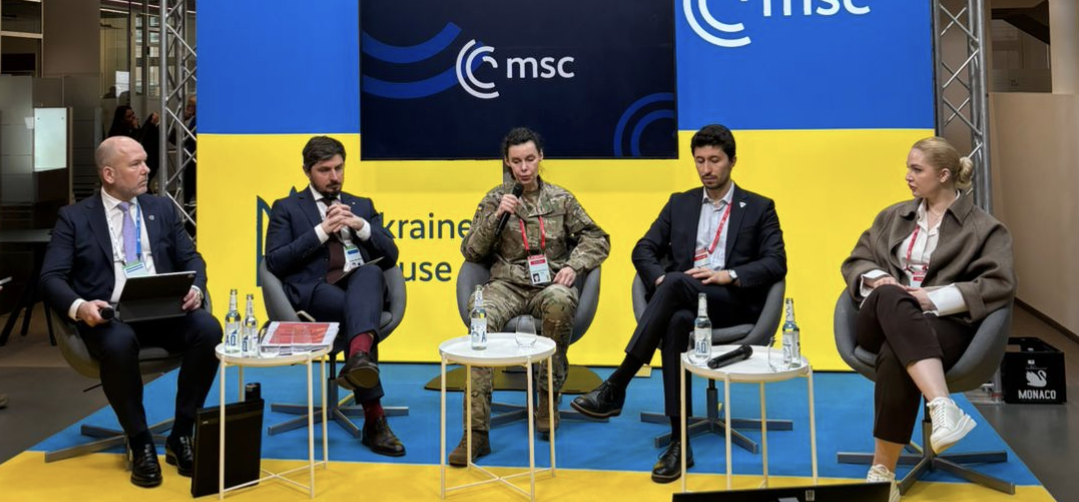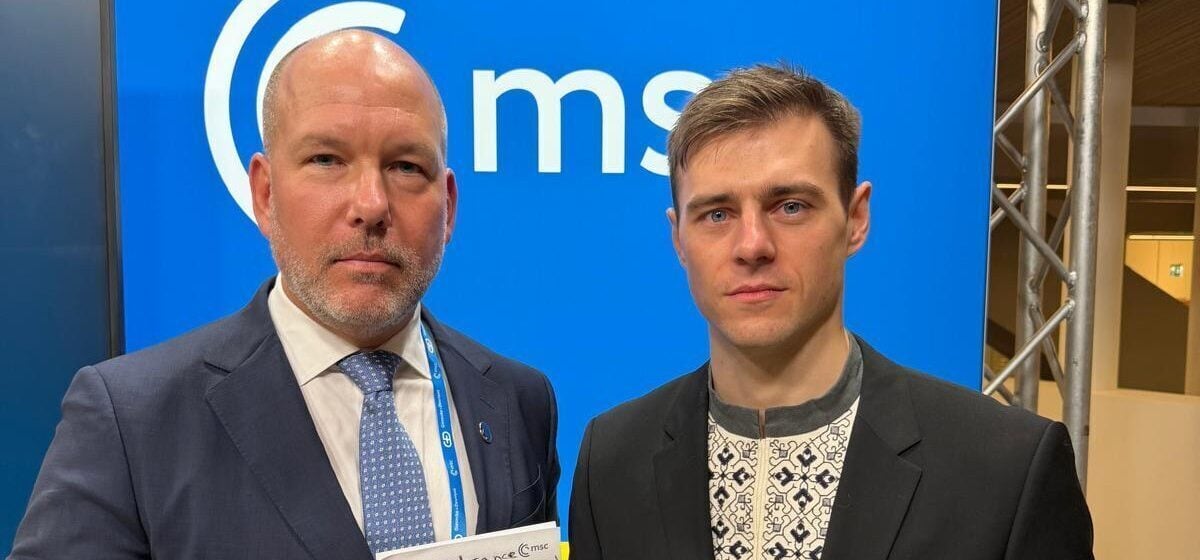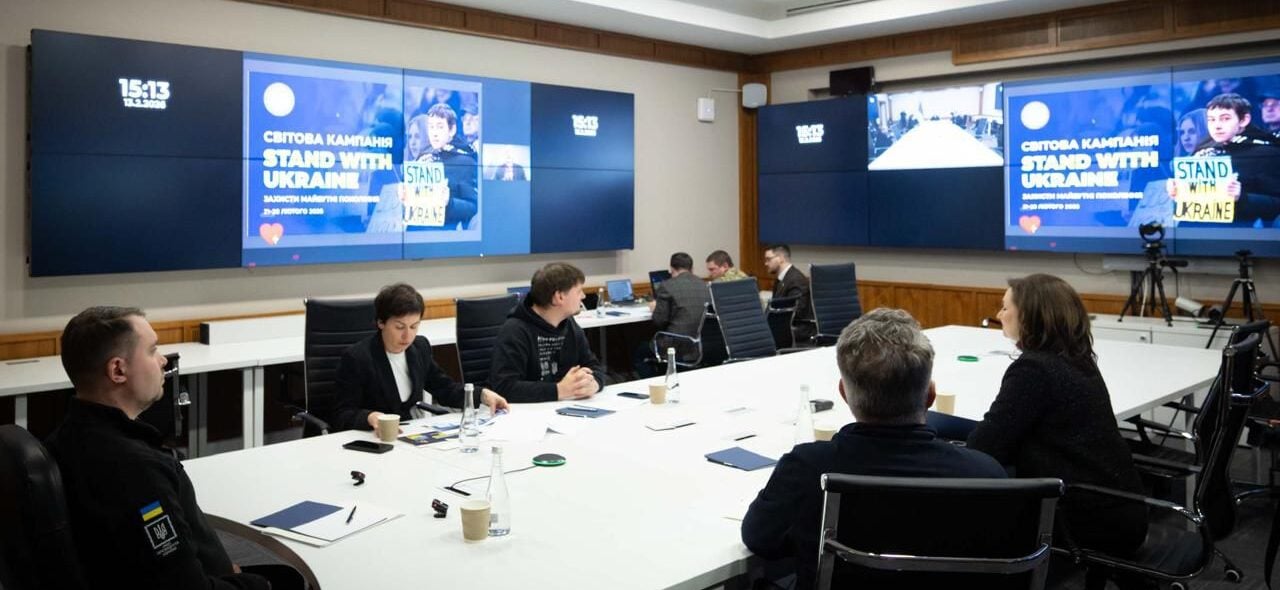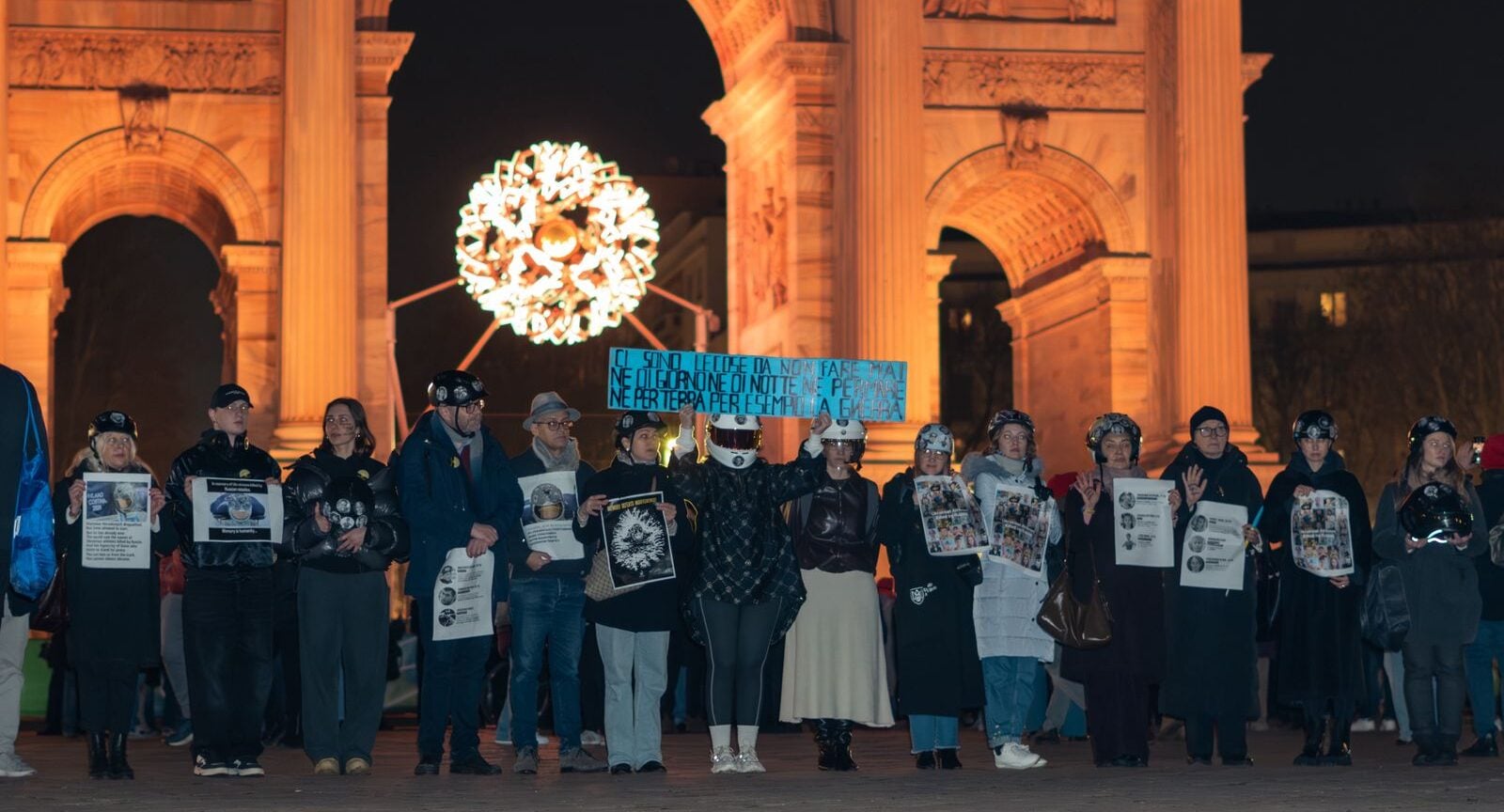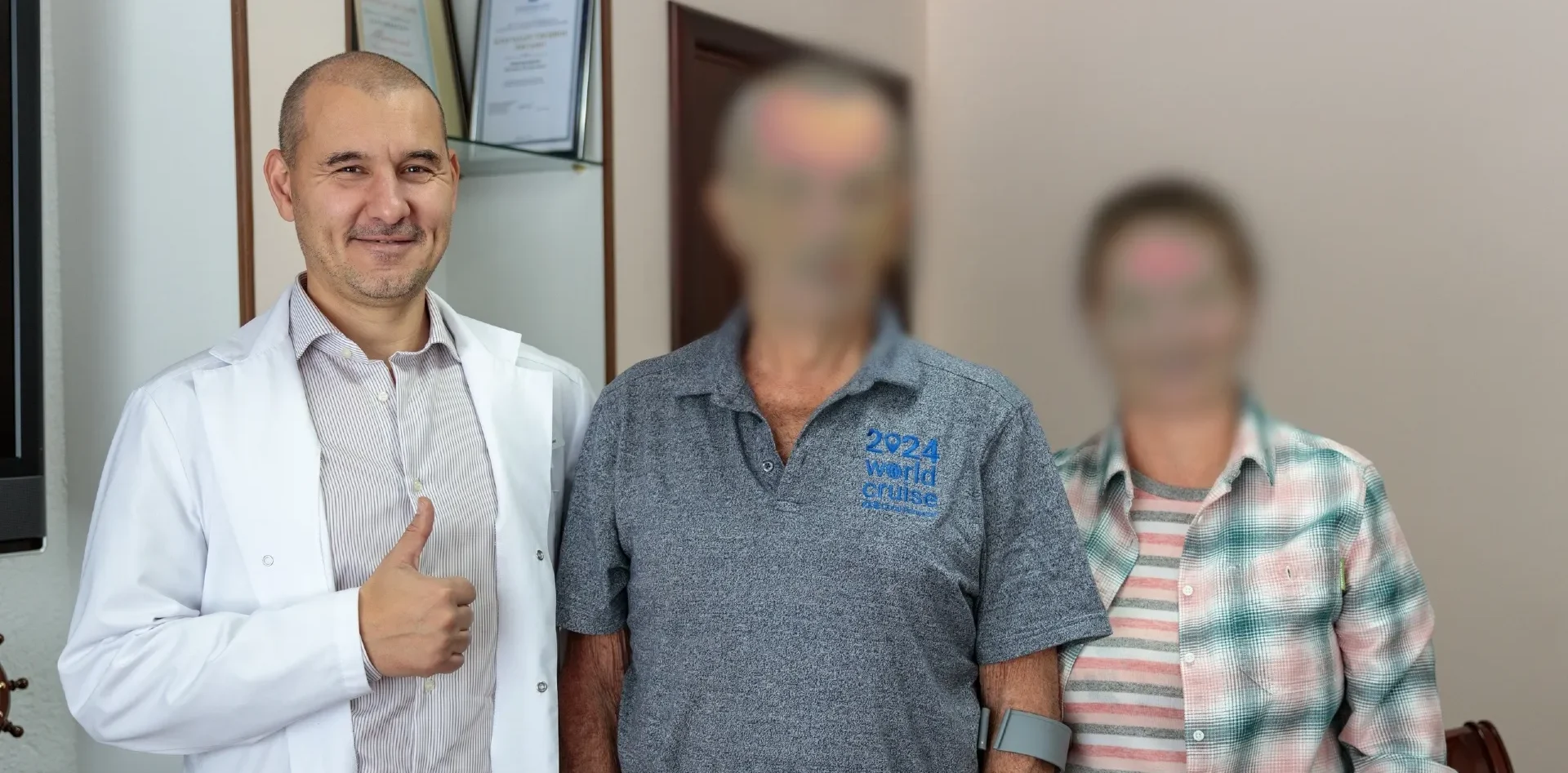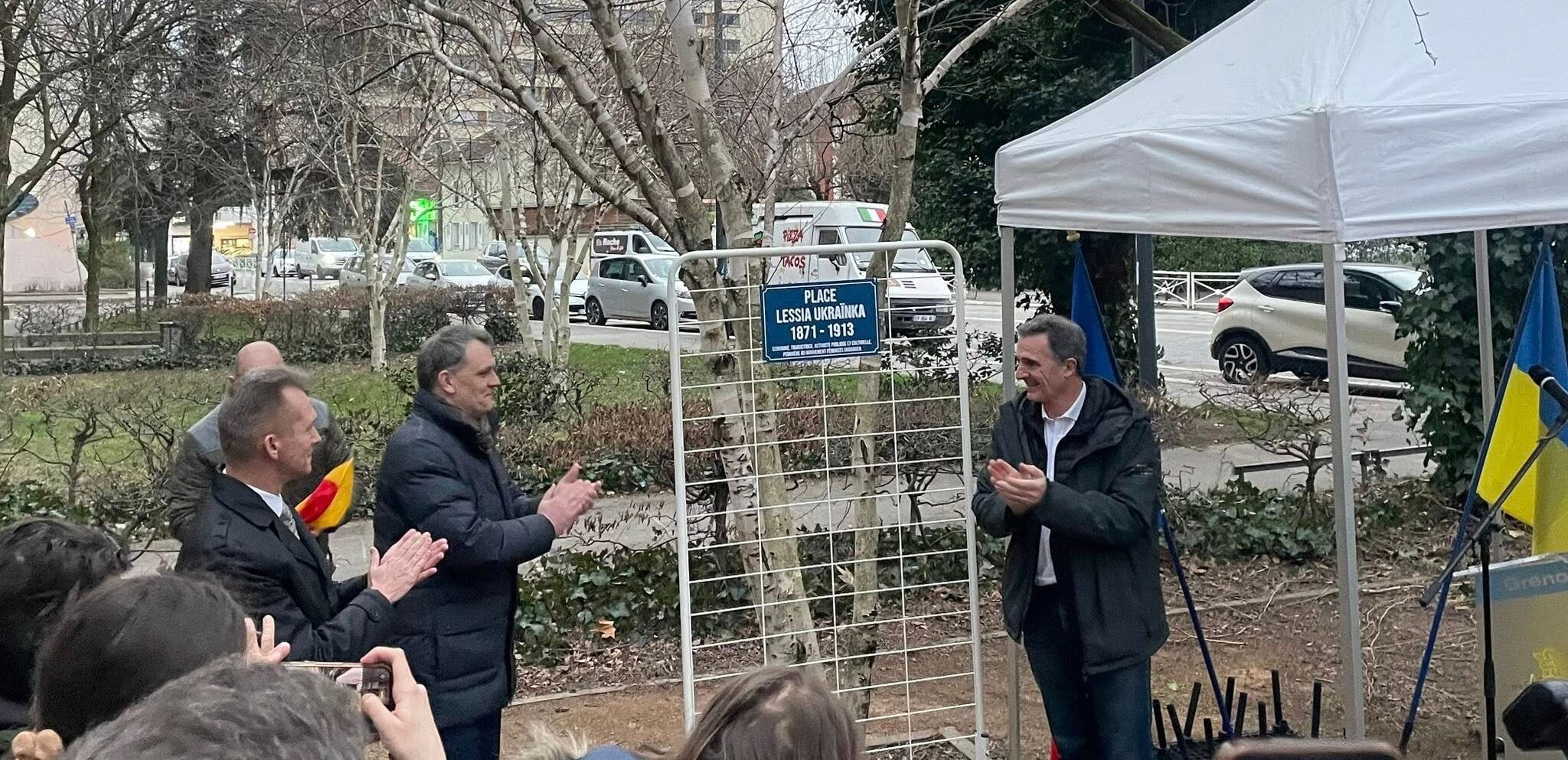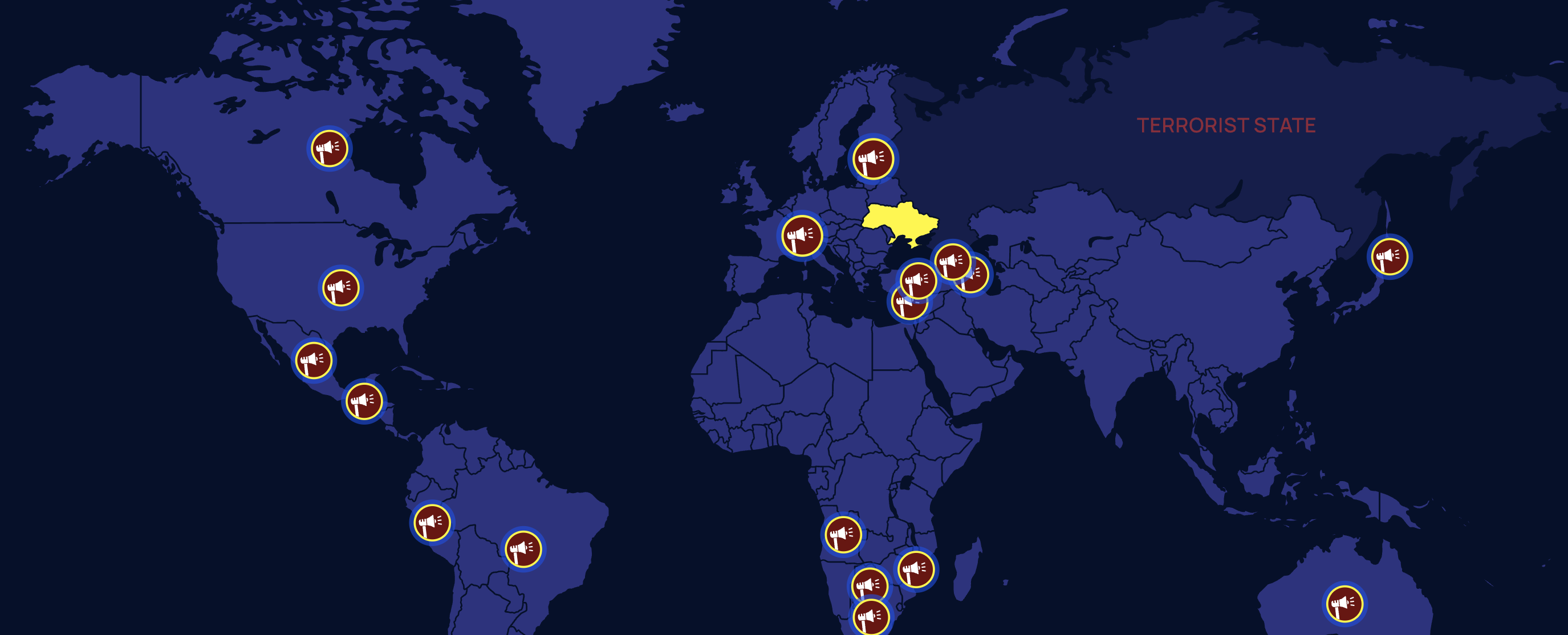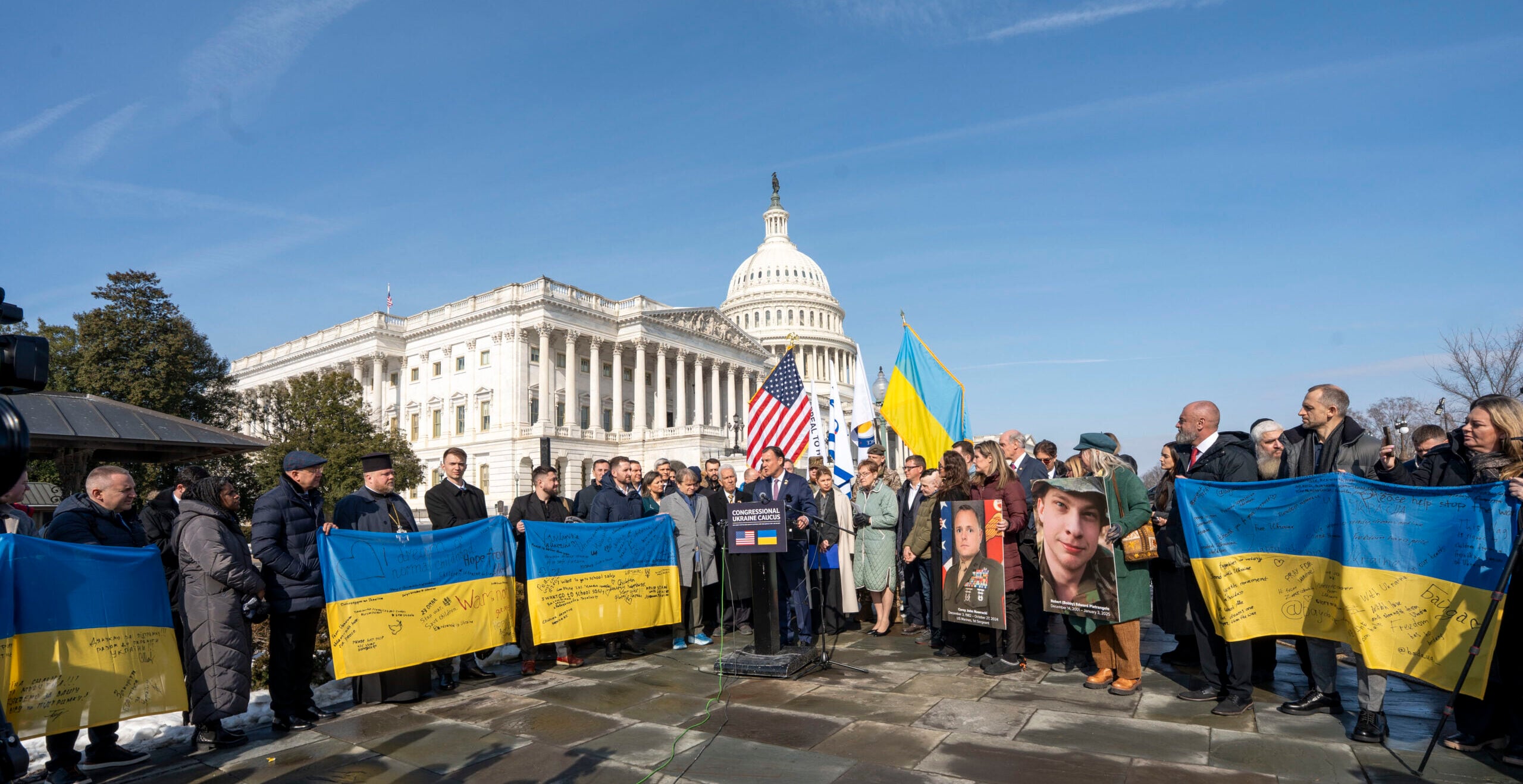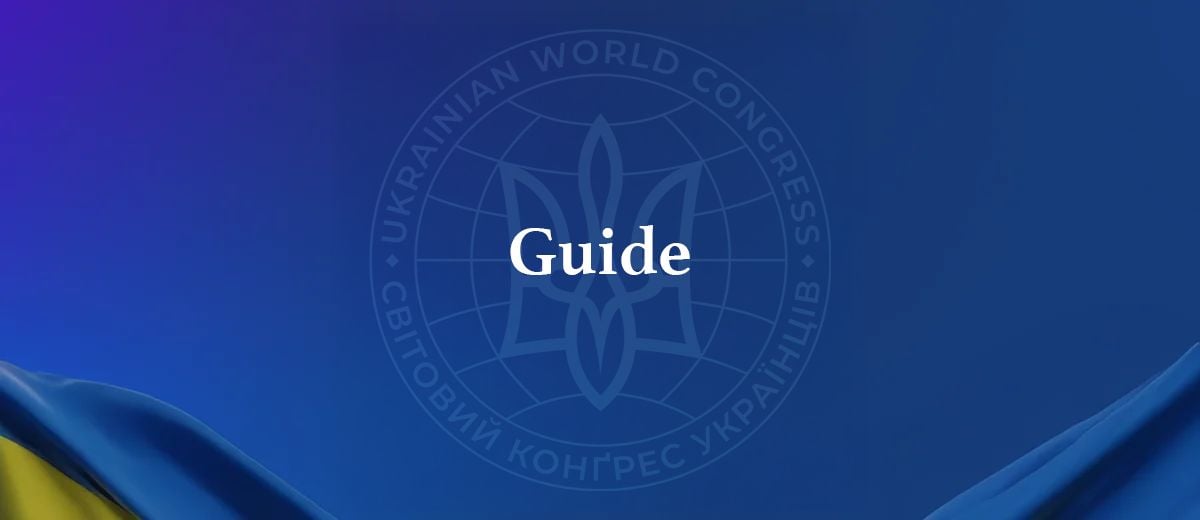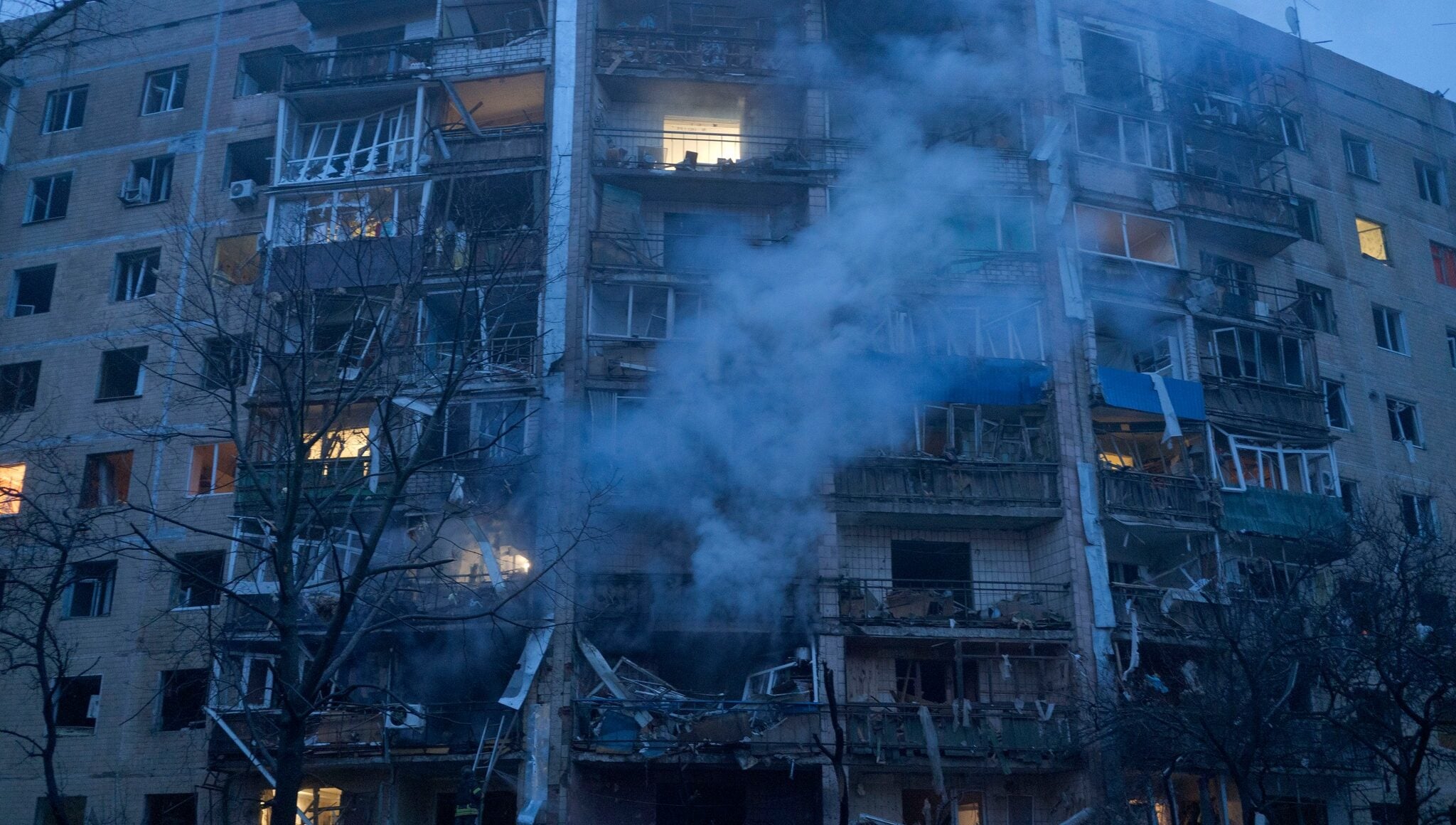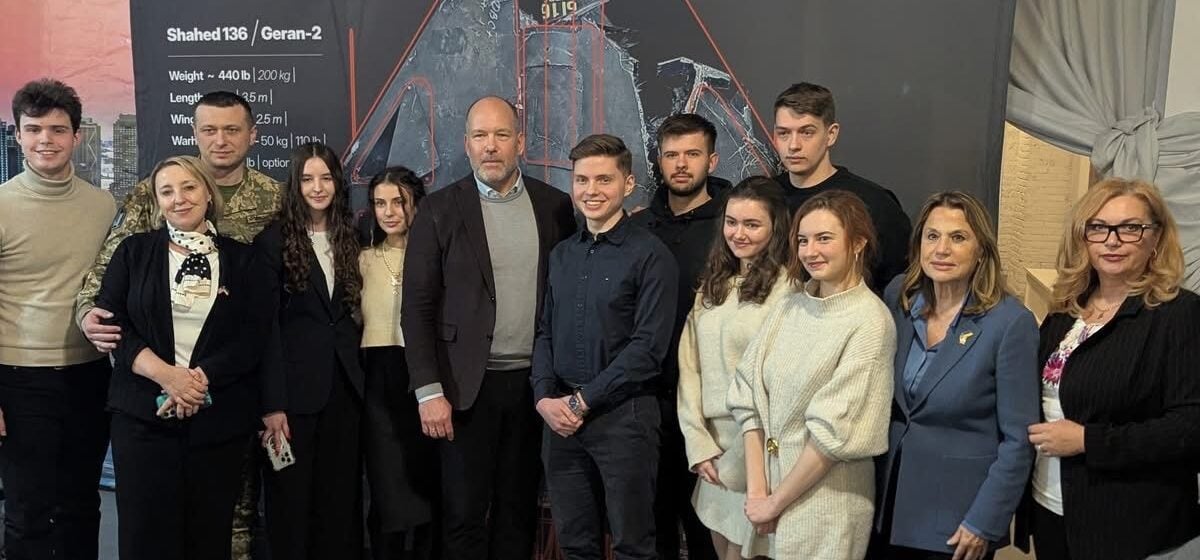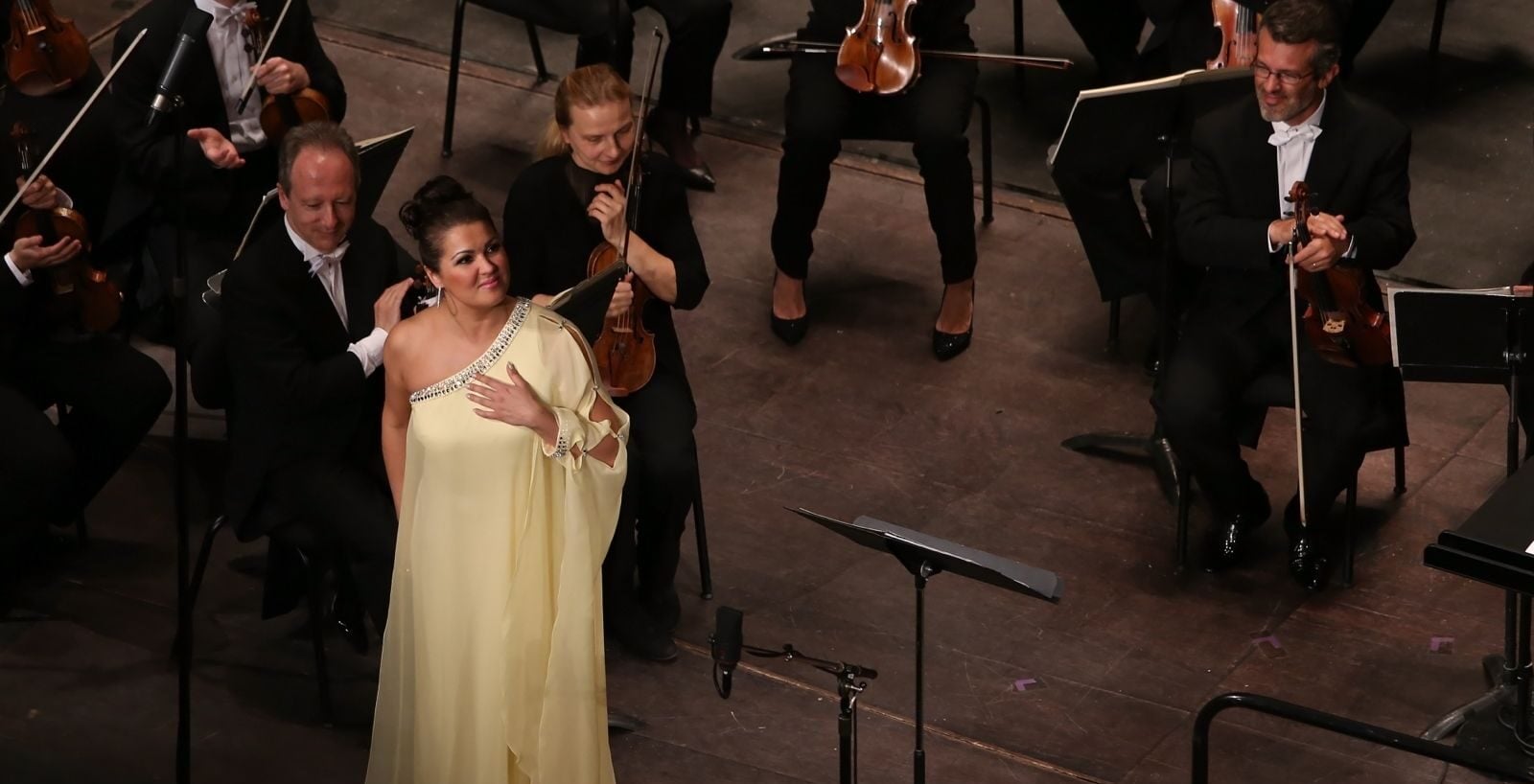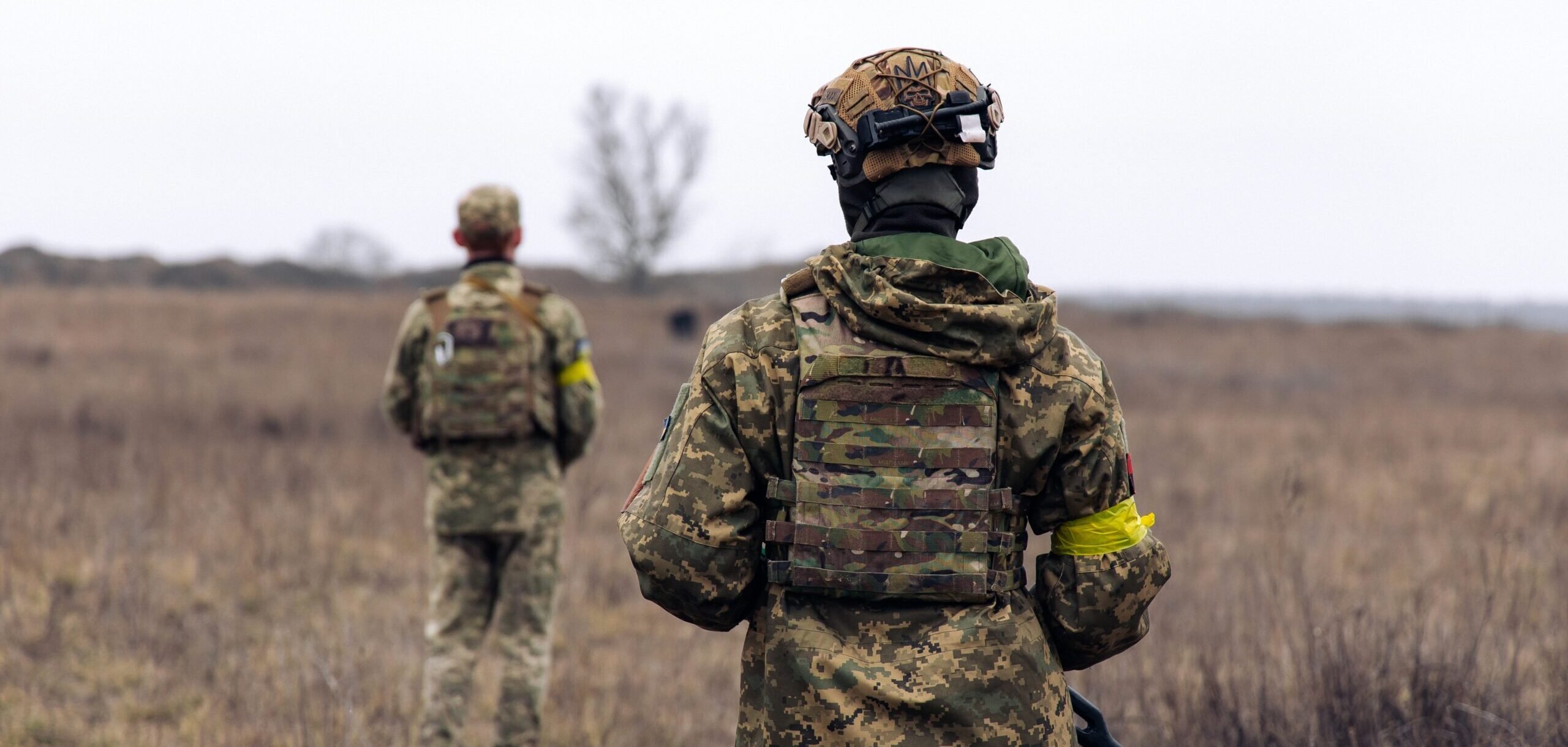

by Pavlo Sadokha, Vice President of the Ukrainian World Congress (UWC) for Southern Europe and President of the Union of Ukrainians in Portugal (UUP)
Source: Observador
Over 11 years of war, and particularly during the past three and a half years, when daily losses have affected not only soldiers but civilians as well, Ukrainians have not lost faith in themselves or, even more importantly, in their armed forces. They have no choice: Russia has condemned them to annihilation.
It seems that in the 21st century, in an era of global institutions, the repetition of genocides and horrific wars over ideological conflicts should be impossible. Yet it continues. Technological progress has changed the means of killing, but not the nature of conflict.
Even in China, it is likely understood that Putin perceives the world only through a Russian lens, through myths constructed by imperialist and Soviet historians, philosophers, and writers who never had the courage to express independent opinions, instead bending their talents to the desires of the tsar or the party secretary (in the Soviet Union’s case).
Unfortunately, despite the widespread access to information today and decades of historical research, many citizens in Western countries still believe that Russians are a great people inhabiting 17 million square kilometers across Northern Asia and Eastern Europe, who have somehow united 190 nations into a single state.
In reality, they did not unite them, they brutally subjugated these peoples, imposing their imperial religion, language, and rules. Many of these nations have already disappeared or are on the verge of extinction.
Yes, many empires in human history acted this way. But in the 21st century, Western civilization has found rational and humane solutions to issues of colonization and interethnic and religious conflict. Economic liberalization, freedom of speech, and political democracy have proven effective both for states and individuals.
Russia, however, has chosen a different path. Its modern tactics and strategies resemble the Mongol conquest and subjugation of Eastern Europe, aided historically by Moscow princes.
Russia seems trapped in a medieval evolutionary cycle, both internally and externally. For Moscow, Ukrainians are a rebellious people to be subdued and assimilated like all previously conquered nations. Ukrainians stand in the way of conquering other territories deemed part of the empire. This is the core national idea of modern Russians (Muscovites). Any agreement or treaty is seen as a temporary tactical maneuver toward the ultimate goal of conquest, not as a long-term framework for peaceful coexistence.
Since Russia began its armed aggression against Ukraine in 2014, it has violated over 400 international treaties involving Ukraine and Russia and, by 2022, had ignored 22 fundamental international documents.
Moscow’s genocidal policies also extend to national minorities within the Russian Federation. Beyond failing to allocate resources to support their cultural and national needs, these peoples have become the primary “cannon fodder” sent to fight in the war.
After the first months of the 2022 invasion, independent Russian journalists found that among 1,348 confirmed Russian soldier deaths, the majority were ethnic minorities.
These peoples often fight Ukrainians, who have never threatened them, not out of ideology but because of harsh socio-economic conditions in their regions, where sending a family member to war is seen as the only way to survive.
However, rising casualties are beginning to change their worldview. Even under Russia’s brutal police state, protests are becoming more frequent, and people are starting to question Putin. These groups increasingly see Ukraine as an example of the struggle for national self-determination, a fight against centuries of oppression.
For them, Ukraine’s defeat would mean the loss of the last hope for autonomy. Even now, Russia’s richest, resource-heavy regions are ruthlessly exploited, yet their living standards are the lowest in the country. What will happen when natural resources are depleted or energy demand shifts? Without self-governance, Moscow will provide nothing and abandon these populations.
It is time to reconsider the flawed Western policy of coexistence with aggressive Russia, a “malignant tumor” within global civilization.
At a high cost, Ukraine has already demonstrated that with concrete support from the West and a shift in double standards toward Moscow, this “tumor” can be defeated. Such a victory would mark the beginning of liberation and development for oppressed peoples across Northern Asia and Eastern Europe within the Russian Federation, as well as the establishment of a new framework for security and global cooperation.
In 1991, U.S. President George H. W. Bush visited Ukraine to persuade its parliament not to leave the USSR, fearing the consequences of a nuclear superpower’s collapse.
Despite the lack of external support and international pressure, Ukrainians chose their own future. History has proven that this was the right decision; otherwise, Ukraine might no longer exist.
Now, or in ten years, Russia will inevitably collapse, as all aggressive totalitarian empires have throughout history.
Creating demilitarized zones, like in North Korea or other territorial conflicts, will not solve the problem of Russian aggression, it will merely postpone the war for the next generation.
Ukraine has never had conflicts with Chechens, Buryats, Tatars, or other peoples living in these territories. Moreover, Ukraine will help these peoples gain international recognition and development. But as the saying goes, the ball is now in the Western world’s court.
Since the start of the full-scale war in 2022, when Ukrainians around the world rallied with signs reading “Help close Ukraine’s skies,” three and a half years have passed, claiming tens of thousands of civilian lives, and only now are Western policymakers seriously engaging with the issue.
Ukraine’s history shows that its people will fight for their freedom, because liberty is a core value of their mindset and worldview, the same value that shaped Western civilization.
But values that form a nation cannot simply be proclaimed; they must be upheld and defended.
Cover: Shutterstock
